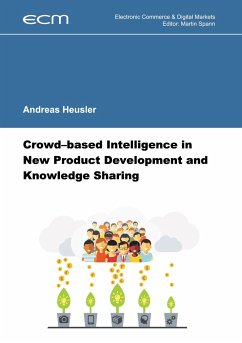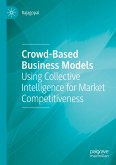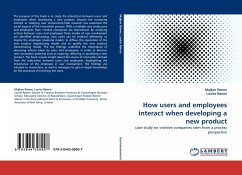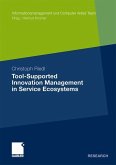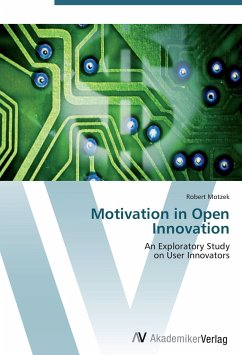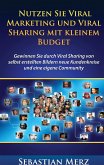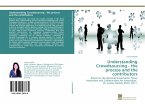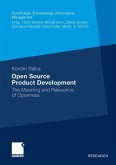For a long time, any form of crowd was negatively associated with an anonymous, uncontrollable and unpredictable mob. The advent of the digital era and the attendant transition towards a knowledge society have changed this perception. The term is now associated with a high level of social interaction, cooperation and diversity.However, a crowd of people does not act intelligently per se, nor does it produce intelligent results by default. Instead, a crowd-based intelligence requires an appropriate mechanism to generate smart and beneficial outcomes.This dissertation demonstrates how a crowd-based intelligence can be implemented and applied to various fields, in particular for new product development and knowledge sharing purposes. It provides an overview of several application areas and the accompanying design decisions to build a crowd intelligence platform.Beyond conceptual support and a theoretical discourse, this dissertation aims to analyze and share the empirical findings and practical implications that have been gathered in real-world applications of these platforms. Derived from several field studies, we identify five key factors for a successful implementation of a crowd-based intelligence.
Bitte wählen Sie Ihr Anliegen aus.
Rechnungen
Retourenschein anfordern
Bestellstatus
Storno

